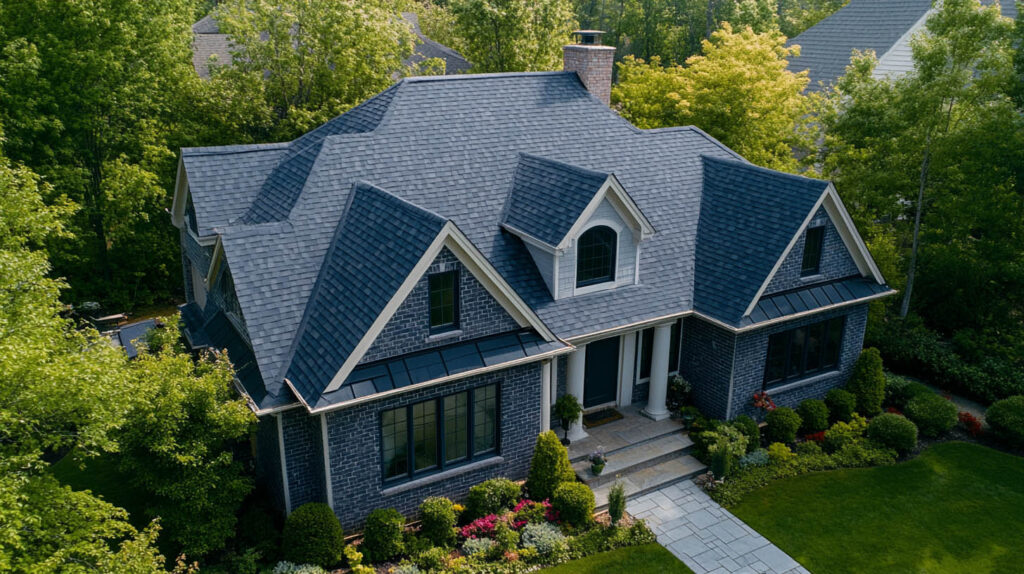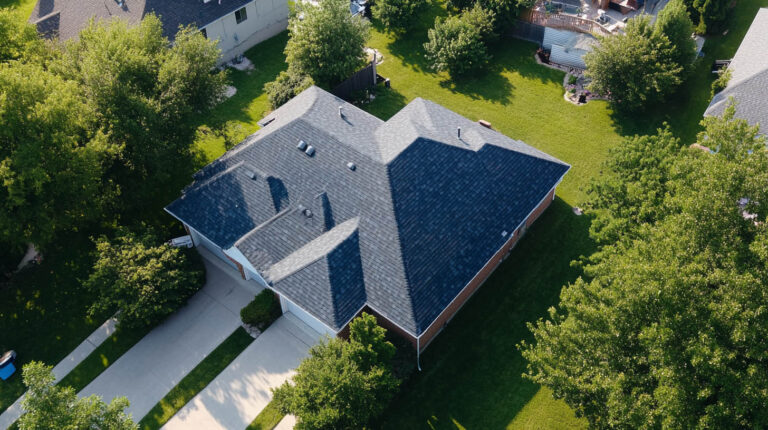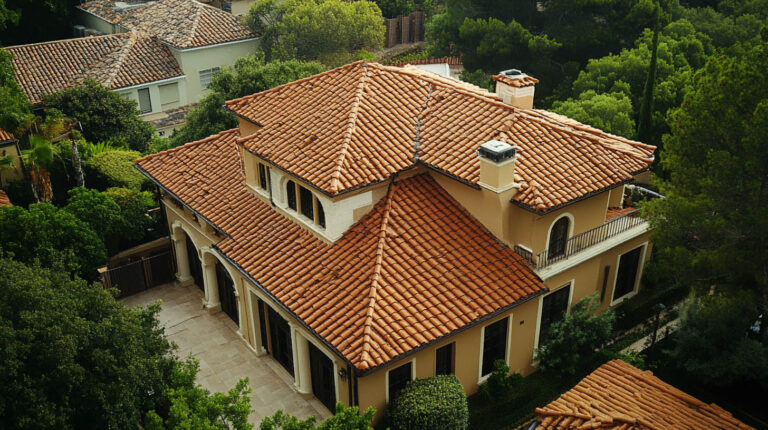
Blog
Decoding Roof Warranties: What’s Included and What’s Not
When investing in a new roof, understanding the terms of your roof warranty is crucial. Warranties offer protection against unexpected defects and issues, providing homeowners peace of mind. However, not all warranties are created equal. At Avenue Roofing, we ensure our clients are fully informed about their roof warranty options, helping them make confident decisions about their investment.

Types of Roof Warranties
1. Manufacturer’s Material Warranty
This warranty covers any defects in the roofing materials themselves. For instance, if shingles fail due to a manufacturing defect, this warranty will cover the cost of replacement. It’s essential that the materials are installed according to the manufacturer’s guidelines to keep this warranty valid. Avenue Roofing works with leading brands like CertainTeed and GAF, ensuring our clients benefit from premium warranties.
2. Workmanship Warranty
A workmanship warranty covers installation errors made by the contractor. Even with the best materials, improper installation can lead to significant roofing problems. A solid workmanship warranty ensures that if any issues arise due to poor installation, they will be corrected at no additional cost to the homeowner. The length of a workmanship warranty can vary, so it’s important to discuss this with your roofing contractor upfront.
3. Full System Warranty
Some manufacturers offer a comprehensive full system warranty, covering both materials and labor. This warranty is often more extensive and provides long-term protection. Full system warranties typically last longer than standard material or workmanship warranties, offering a higher level of security for homeowners.
4. Extended Warranty
For additional peace of mind, some homeowners opt for extended warranties. These can be purchased separately and provide extra coverage beyond the standard terms. Extended warranties are especially valuable for homeowners in areas prone to extreme weather, such as Jacksonville, FL, where roofs endure heavy rain, strong winds, and hurricanes.
Factors Affecting Roof Warranty Length
The length of your roof warranty depends on several factors, including the type of material used, the quality of installation, and local climate conditions. Asphalt shingles typically come with warranties ranging from 20 to 30 years, while metal roofs may be backed by warranties lasting 50 years or more. Choosing high-quality materials and certified installation professionals like Avenue Roofing will ensure your warranty offers long-lasting protection.
5. Labor-Only Warranty
A labor-only warranty covers the cost of labor required to replace defective materials but does not include the cost of the materials themselves. This warranty is often shorter and provides limited protection compared to full system or manufacturer warranties.
Understanding Warranty Exclusions
It’s important to note that roof warranties do not cover all types of damage. Common exclusions include:
- Damage from natural disasters: Events like hurricanes, earthquakes, and floods are typically excluded.
- Neglect or lack of maintenance: Failure to properly maintain your roof can void the warranty.
- Alterations: Any changes made to the roof, such as adding skylights or solar panels, without notifying the warranty provider can result in loss of coverage.
Regular maintenance and prompt repairs are key to keeping your warranty valid. At Avenue Roofing, we provide ongoing support to help homeowners maintain their roofs and ensure their warranties remain intact.
Warranty Transfers and Maintenance Requirements
If you plan to sell your home, check if your roof warranty can be transferred to the new owner. A transferable warranty can increase your home’s resale value, as the new owner will benefit from the remaining coverage. Be sure to ask your contractor about the transferability of the warranty when the roof is installed.
Routine inspections and timely repairs are also essential for maintaining warranty coverage. Many warranties require regular maintenance to stay valid, so keeping a record of inspections and repairs is important.
FAQs About Roof Warranties
Q1: Does a home warranty cover roof repairs?
A: Home warranties typically do not cover roof repairs, but some offer limited coverage for leaks. It’s best to purchase a dedicated roof warranty for complete coverage.
Q2: How long does a typical roof warranty last?
A: Roof warranties vary, with most material warranties lasting between 20 to 50 years, while workmanship warranties can range from 1 to 10 years.
Q3: What is a full system warranty?
A: A full system warranty covers both the roofing materials and the labor, offering comprehensive protection for homeowners.
Q4: Can I transfer my roof warranty to a new homeowner?
A: Some roof warranties are transferable, which can be a valuable selling point when putting your home on the market.
Q5: How do I keep my roof warranty valid?
A: Regular inspections, prompt repairs, and avoiding unauthorized modifications are key to maintaining your warranty coverage.
Conclusion
Roof warranties provide essential protection against defects and workmanship errors, but it’s crucial to understand the details of your coverage. From material warranties to full system coverage, knowing what is included—and what isn’t—can save you from unexpected expenses down the road. At Avenue Roofing, we offer expert guidance on selecting the best warranty for your needs, ensuring your home is protected for years to come.
If you want to learn more about roofing materials and their warranties, click here.



